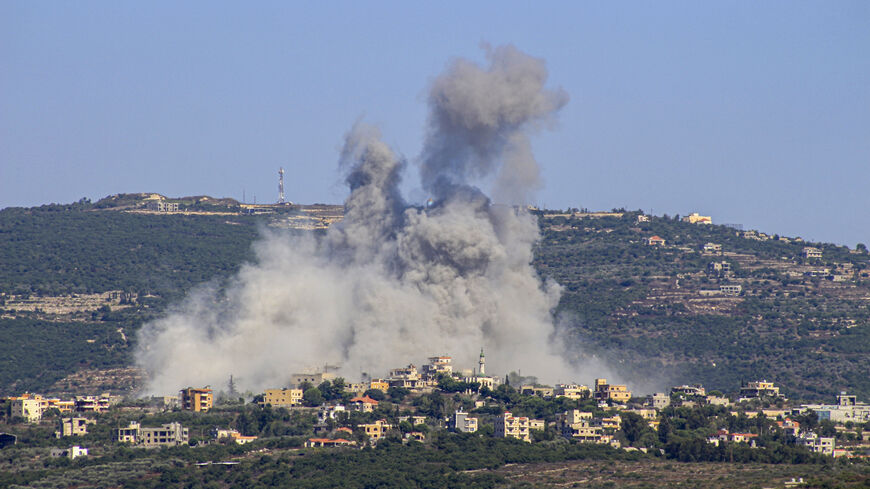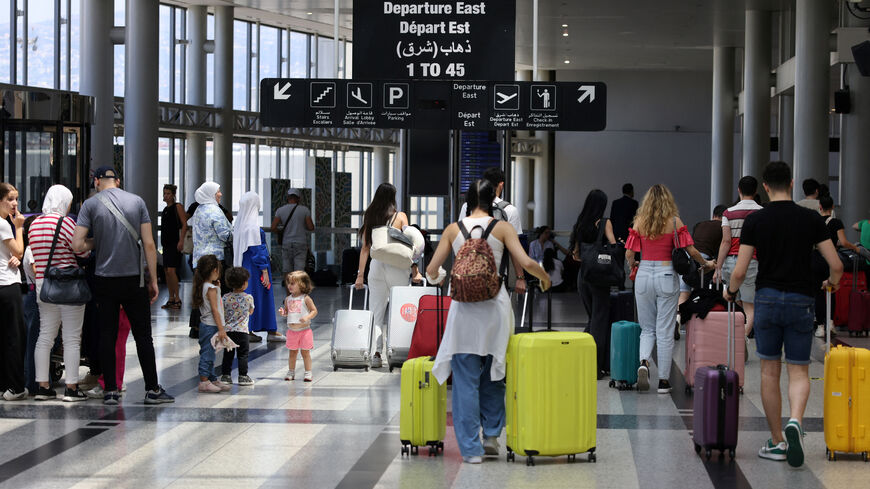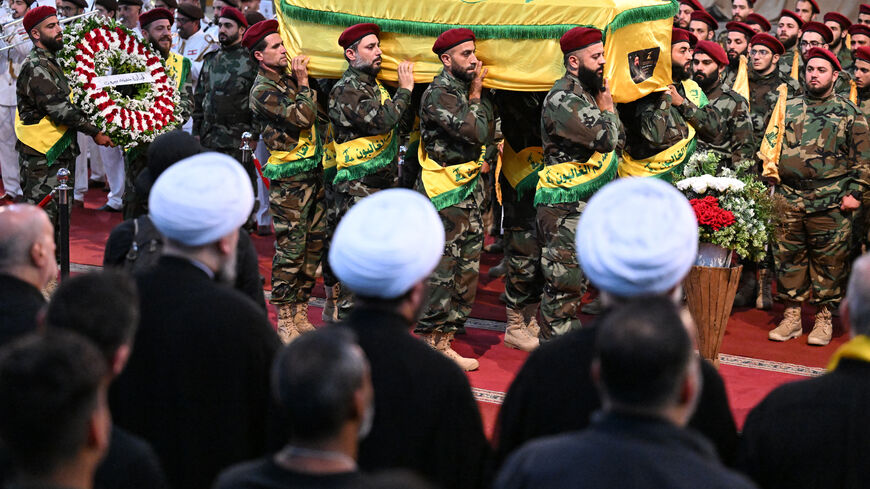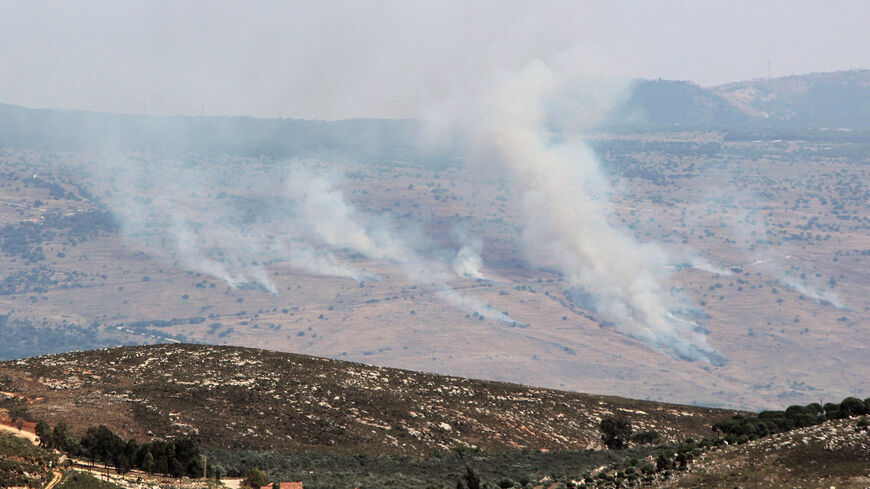Strikes in south Lebanon, Syria as Israel's northern front heats up
The situation in Lebanon is at a boiling point amid growing fears of an Israeli retaliatory strike to a deadly rocket attack in the Golan Heights that could lead to a wider regional conflict.

BEIRUT — Israel carried out a series of strikes in southern Lebanon and southern Syria early on Tuesday, as tensions on its northern front are boiling amid fears of a broader conflict in the region in the wake of a weekend rocket attack in the Golan Heights that left 12 youths dead.
Early on Tuesday, suspected Israeli missiles struck a Syrian military air defense base in the Tall al-Jabiyah area, as well as positions of Syrian government forces in the Tal Um Horan area, both in the western countryside of Daraa province, the Syrian Observatory for Human Rights reported.
In conjunction with the missile attack, Syrian air defenses attempted to shoot down drones flying over the area, according to the war monitor. No casualties have been reported so far.
Syria’s state-run media has yet to report on the attack.
The Israeli military, which rarely acknowledges such operations, has also not commented on the strikes in Daraa.
Israel has repeatedly carried out strikes against suspected Iranian-linked targets inside Syria since the civil war erupted in 2011. These operations have increased in frequency since the Israel-Hamas war broke out in the Gaza Strip last October in response to a wave of attacks by pro-Iranian groups in the region against Israel.
Separately, the Israeli army said Tuesday it launched a series of drone, artillery and airstrikes overnight, targeting about 10 sites belonging to the Lebanese Hezbollah group in seven different areas in southern Lebanon.
In a post on the X platform, the military said it destroyed a military depot, military infrastructures and buildings, and a rocket launcher used by Hezbollah. It added that a Hezbollah operative was killed in the Beit Leif area.
The Iran-backed group announced Tuesday the death of one of its fighters, identified as Hassan Hussein Malak from Beit Leif. It did not specify where he was killed.
Diplomatic efforts are in full force to contain the escalation after Israel vowed to retaliate to a rocket strike on Saturday on a football field in the town of Majdal Shams in the Israeli-controlled Golan Heights.
Israel and the United States attributed the attack to Hezbollah, which in turn denied responsibility for the incident.
During a visit to the site of the attack on Monday, Israel's Prime Minister Benjamin Netanyahu vowed a “severe” response to the deadly strike.
Hezbollah, for its part, has reiterated its position to respond to any Israeli action that leads to a wider conflict. This position was reportedly expressed during a meeting between Lebanon’s caretaker Foreign Minister Abdallah Bou Habib and Hezbollah’s Arab and international relations official Ammar al-Mousawi late on Monday.
“The issue has been decided and it is not up for debate,” Mousawi reportedly said, according to sources who spoke to the Saudi-owned Asharq Al-Awsat.
Lebanese officials have been in ongoing contact with Western and regional actors since Saturday’s attack in a bid to contain the situation. Meanwhile, the United States, France and others are scrambling to ensure the Israeli response in Lebanon does not slip into a wider regional war.
Iran, which is Hezbollah’s main backer, has warned Israel against any action in Lebanon.
“The Zionist regime [Israel] will make a great mistake with heavy consequences if it attacks Lebanon,” newly elected Iranian President Masoud Pezeshkian said during a call on Monday with French President Emmanuel Macron, according to a statement from the Iranian presidency.
Also on Monday, Pezeshkian met with Hezbollah’s Deputy Secretary-General Sheikh Naim Qassem in Tehran for talks on the latest developments. According to Iran's semi-official Mehr News Agency, the Iranian leader reiterated his country’s support for Hezbollah and praised its fight against Israel.
Pezeshkian further stressed that supporting the so-called axis of resistance — in reference to Iran’s proxy groups in the region, including Hezbollah, Hamas and the Houthis — is “a legitimate duty and one of Iran's basic policies.”
Hezbollah began trading fire with Israel Oct. 8, in support of the Palestinian Hamas group after the latter launched its cross-border attack in southern Israel the day before.







